Plenary Speakers and Panelists (confirmed)
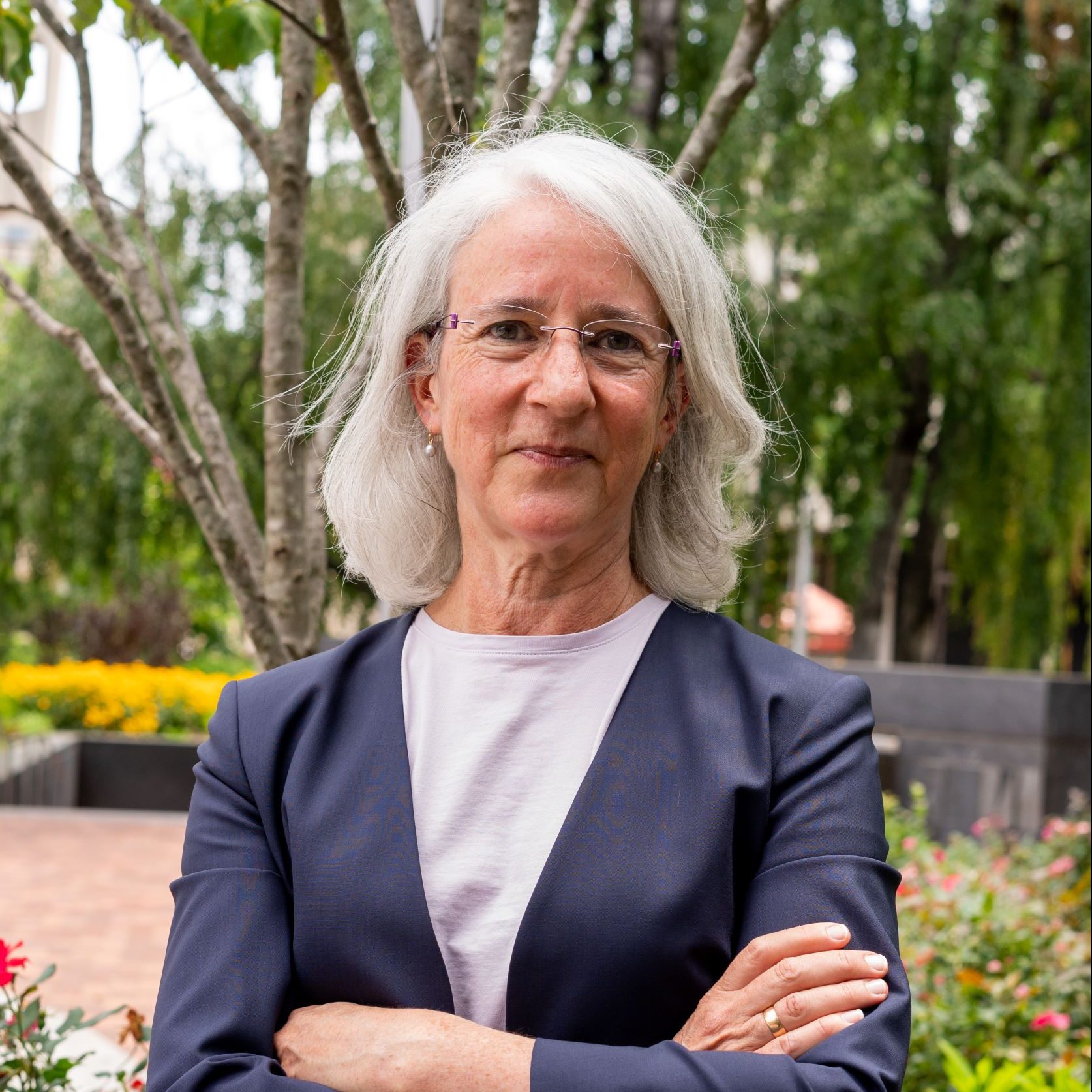 Sarah E. Ades
Sarah E. Ades
Associate Dean of the Graduate School and Professor of Biochemistry and Molecular Biology
The Pennsylvania State University
Sarah Ades is the Associate Dean for Graduate Student Affairs at the Pennsylvania State University. In her role as Associate Dean, she advocates for graduate students in all settings, creates programming to support student success, assists students and faculty in navigating challenges, and develops student-centered policies. She is dedicated to developing inclusive approaches to meet the needs of graduate students to enhance their educational experiences, engender a deep sense of belonging at the university, and prepare them for their future career paths. In her role as a faculty member, Sarah’s research focuses on understanding how bacteria respond to stress and leveraging those responses for antibiotic development. She is also an award-winning educator with an emphasis of bringing real world experiences into the science classroom. Sarah holds a doctoral degree in Biology from the Massachusetts Institute of Technology and a Bachelor of Science in Molecular Biophysics and Biochemistry from Yale University. Prior to joining Penn State University, she completed postdoctoral research at the University of California, San Francisco and at the IBMC in Strasbourg, France.
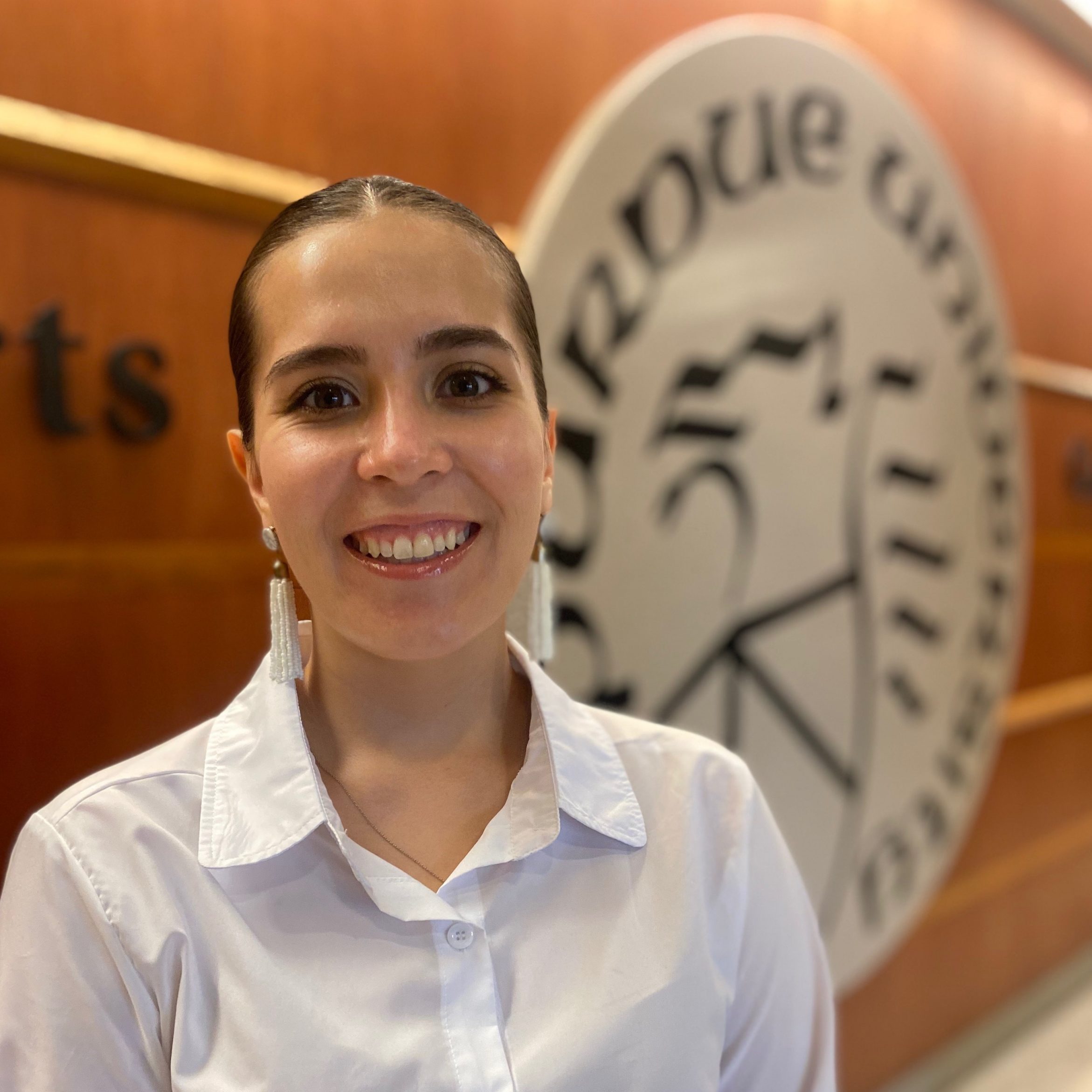 Alejandra Durán Trinidad (she/her/hers)
Alejandra Durán Trinidad (she/her/hers)
Graduate Student
Purdue University
Alejandra Durán Trinidad is a third year PhD student in the Brian Lamb School of Communication at Purdue University and serves as Assistant Director of the basic communication course. Her research interests focus on mentoring relationships between graduate students, specifically underrepresented and international graduate students, and faculty members. Alejandra has recently been studying perceptions of ideal mentor behaviors among international Latino graduate students in STEMM. She also explores dysfunctional mentoring, referring to ineffective or non-productive mentoring, between graduate students and faculty and the impact on student outcomes. Alejandra is passionate about creating effective mentoring experiences for students in graduate school. She is a fellow in the inaugural Mentoring Fellows Program at Purdue, which aims to promote positive mentoring experiences in graduate school.
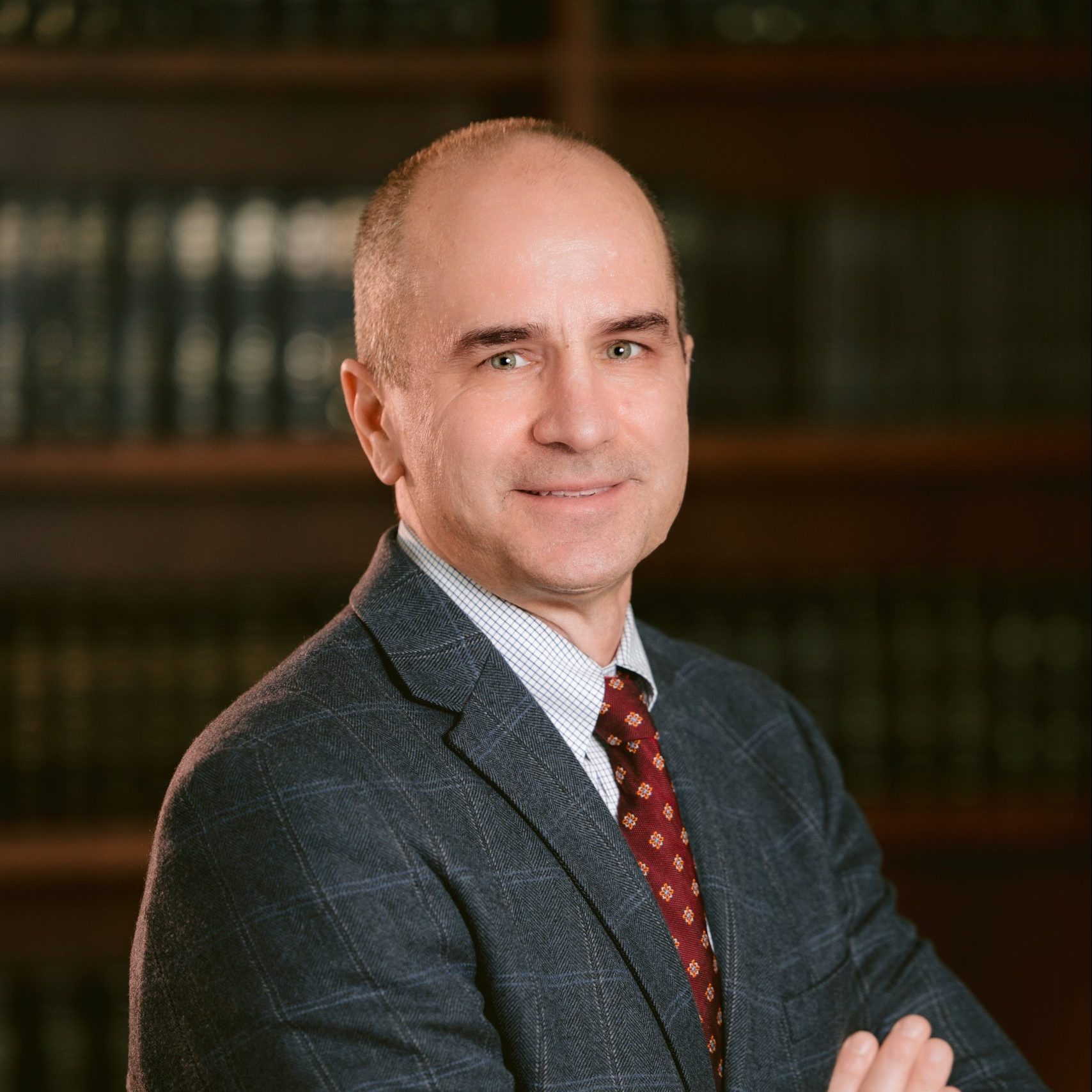 Gates Garrity-Rokous
Gates Garrity-Rokous
Vice President and Chief Compliance Officer
The Ohio State University
Gates Garrity-Rokous serves as Vice President and Chief Compliance Officer for the Office of University Compliance and Integrity at The Ohio State University.
Gates has spent more than 25 years developing, assessing and managing ethics and compliance programs for complex institutions, with a broad expertise in higher education, healthcare and financial services. Prior to joining Ohio State, Gates served as Chief Compliance Officer for GE Capital Americas, where he oversaw its regulatory compliance program. Before that, he was a white collar defense partner for Wiggin & Dana, LLP, advising universities, hospitals, and corporations on compliance issues. He also served as an assistant U.S. attorney and health-care fraud-enforcement officer with the Department of Justice. Gates also clerked in the United States District Court of Connecticut and the United States Court of Appeals, Second Circuit.
Mr. Garrity-Rokous earned his Bachelor of Arts degree from Trinity College and his Juris Doctor from Yale Law School. He also served as a Peace Corps volunteer in Mali, West Africa.
 Andrew Gow
Andrew Gow
Professor, Environmental and Occupational Health Sciences Institute
Ernest Mario School of Pharmacy
Rutgers University
Andrew Gow is a Professor of Environmental and Occupational Health. His laboratory investigates mechanisms of Nitric Oxide signaling in a wide variety of pathophysiological conditions. This work seeks to understand the molecular mechanisms involved in controlling Nitric Oxide signaling and answer the question as to how nature uses such a simple molecule to control a multitude of biological processes and in almost every organism. In particular, his research investigates the role of Nitric Oxide in cardiopulmonary diseases such as emphysema, acute lung injury, bronchopulmonary dysplasia, sickle cell disease and diabetes. His team is particularly interested in the function of Nitric Oxide in inflammatory cells such as macrophages and microglia. It is thought that by better understanding the mechanisms involved in Nitric Oxide signaling that one can design appropriate pharmacological interventions for human diseases in which Nitric Oxide metabolism is disrupted.
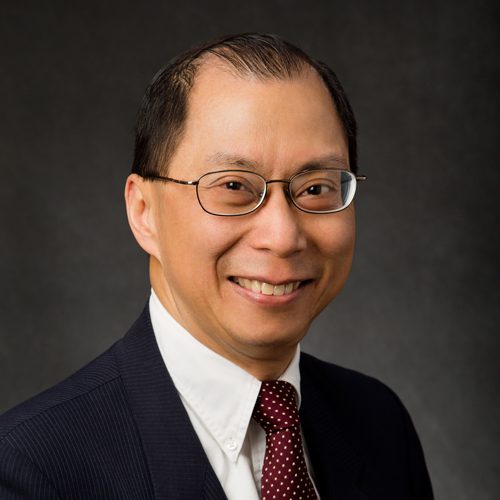 Michael Loui
Michael Loui
Professor Emeritus, University of Illinois, Urbana-Champaign
Adjunct Professor, Purdue University
Now retired, Michael C. Loui held the Dale and Suzi Gallagher Professorship in Engineering Education at Purdue University from 2014 to 2019. He was previously Professor of Electrical and Computer Engineering and University Distinguished Teacher-Scholar at the University of Illinois Urbana-Champaign. He has conducted research in computational complexity theory, in professional ethics, and in engineering education. He is a Carnegie Scholar, a Fellow of the IEEE, and a Fellow of the American Society for Engineering Education. He won the Campus Award for Excellence in Graduate Student Mentoring at Illinois in 2013. Professor Loui was the editor of the Journal of Engineering Education from 2012 to 2017 and the executive editor of College Teaching from 2006 to 2012. He was Associate Dean of the Graduate College at Illinois from 1996 to 2000; during that time, he was the campus’s research integrity officer for two years. He directed the theory of computing program at the National Science Foundation from 1990 to 1991. He earned the Ph.D. at the Massachusetts Institute of Technology in 1980 and the B.S. at Yale University in 1975.
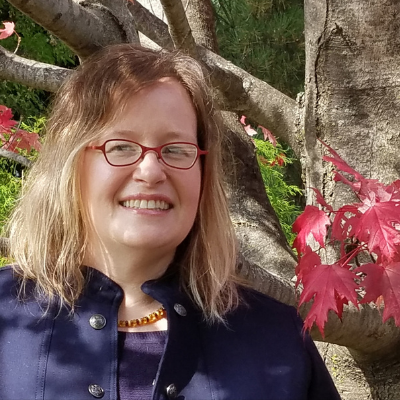 Heather Mc Fadden (she/her/hers) Conference Planning Committee
Heather Mc Fadden (she/her/hers) Conference Planning Committee
University of Wisconsin – Madison
Heather McFadden directs responsible conduct of research education within the Office of the Vice Chancellor for Research and Graduate Education at the University of Wisconsin–Madison. In this role, she leads the campus compliance requirements for federal RCR mandates. She also serves as a resource to the NIH T32 community. Her Ph.D. is from UW–Madison in Educational Leadership and Policy Analysis.
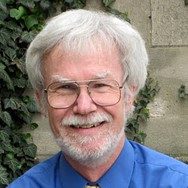 Rick McGee, Jr.
Rick McGee, Jr.
Associate Dean for Professional Development
Professor of Medical Education and Faculty Development
Northwestern University Feinberg School of Medicine
Rick McGee, PhD, is currently Associate Dean for Professional Development and Professor of Medical Education at Northwestern University Feinberg School of Medicine. His primary responsibility is to support development of the independent research programs of early career faculty. A primary element of this support is through a unique grant writing coaching group process he has developed. Over the course of his career, he has evolved from cellular neurobiologist and pharmacology professor, to creating and leading new approaches to developing the talents of young scientists. During this time, his research interests also evolved from the ‘bench’ to using social science theories and methods to study how young scientists develop and make career decisions. Central to these studies is the role of mentors, as is a deep understanding of the differential experiences of those from underrepresented racial and ethnic groups, and women. He also has been involved in leading and doing research on Responsible Conduct of Research (RCR) since NIH first announced the new RCR requirement in 1989. At Northwestern, he co-created and co-leads the RCR course for postdocs and junior faculty “Taking Responsibility for Responsible Conduct of Research”. A unique emphasis of this course is to help those at these advanced stages of training recognize and assume responsibility for the research practices of those they are mentoring. Finally, he has been fortunate to be part of two very unique efforts to elevate mentorship as a critical skill to be taught and learned: 1) creation, and now testing through an RCT, of a novel way to teach and acquire skills in Culturally Aware Mentorship (through the NIH-funded National Research Mentoring Network); 2) participation in a recent National Academies study and report on the Science of Effective Mentorship in STEMM.
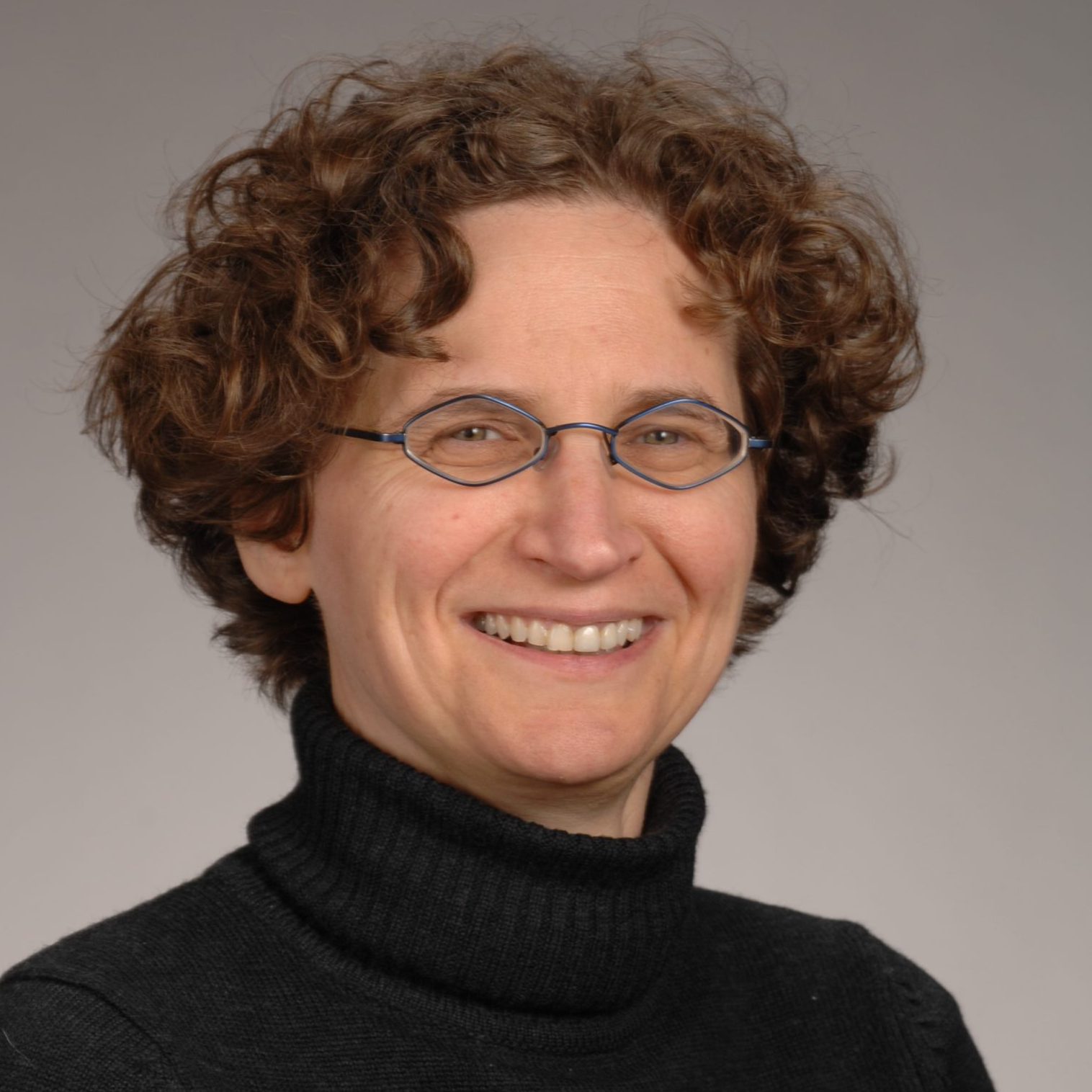 Sharon Milgram
Sharon Milgram
Director, Office of Intramural Training & Education (OITE)
National Institutes of Health
Sharon Milgram received a BS degree in Physical Therapy from Temple University and a PhD in Cell Biology from Emory University. She completed postdoctoral training at The Johns Hopkins University before joining the faculty at The University of North Carolina at Chapel Hill. There, she rose to the rank of Full Professor in the Department of Cell & Developmental Biology. Dr. Milgram served as the Associate Director of the Medical Scientist Training Program, Director of the Interdisciplinary Biomedical Sciences Graduate Program, and the Director of the Summer Undergraduate Research Experience. In 2007 she joined the NIH Office of the Director as the Director of the Office of Intramural Training and Education (OITE) where she directs a trans-NIH Office dedicated to the career advancement of over 5000 trainees. Dr. Milgram lectures widely on science careers, mentorship, leadership, management, wellness, & resilience in research environments.
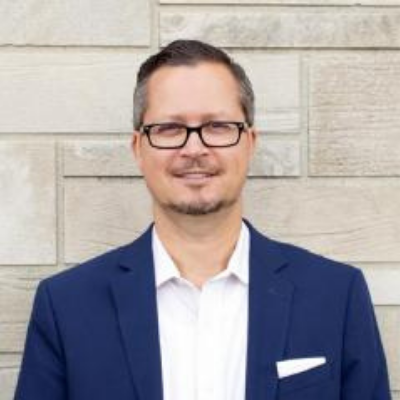 James Mohler – Conference Planning Committee
James Mohler – Conference Planning Committee
Research Integrity Officer & Associate Dean of the Graduate School
Purdue University
James L. Mohler is professor of Computer Graphics Technology (CGT). He is currently serving as Associate Dean of the Graduate School and Research Integrity Officer. Dr. Mohler is a Faculty Scholar, a member of the Purdue University Teaching Academy and a past faculty fellow for the Discovery Learning Center. Dr. Mohler is a member of Purdue’s ADVANCE team and has served as a Diversity Catalyst. Dr. Mohler has authored, co-authored, or contributed to over 21 texts related to computer graphics and media development and over 71 articles for refereed, reviewed, or trade publications. He has been the recipient of 1.5 million dollars in grants.
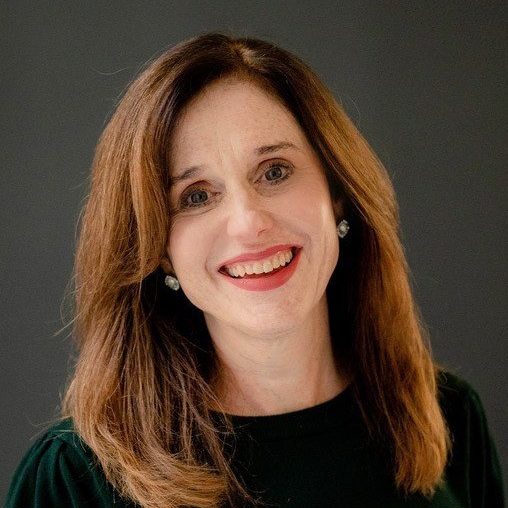 Melanie Morgan (she/hers)
Melanie Morgan (she/hers)
Professor of Communication & Associate Dean of the Graduate School
Purdue University
Melanie Morgan is a Professor in the Brian Lamb School of Communication and an Associate Dean in the Graduate School. Dr. Morgan holds a B.S. in Economics from Texas Christian University, an M.A. in Interpersonal Communication from the University of Arkansas, and a PhD from the University of Kansas in Communication and Social Gerontology. Dr. Morgan’s research interests and publications focus on the production of complex messages across wide range of contexts, including aging, legal, organizational, and scientific contexts. She is a co-author of the book Presentations That Matter. She is a recipient of the National Communication Association’s Don Yoder Outstanding Faculty Award. She is also the recipient of the National Communication Association’s Program of Distinction Award for her innovative design and management of one of the largest oral communication programs in the country. At Purdue, Dr. Morgan is a recipient of Purdue’s highest teaching award, the Charles B. Murphy Outstanding Undergraduate Teaching Award, and she is a fellow of Purdue’s Teaching Academy. In her role as an Associate Dean in the Graduate School she directs the Postdoc Office, Fellowship Office, Professional Development, and Admissions.
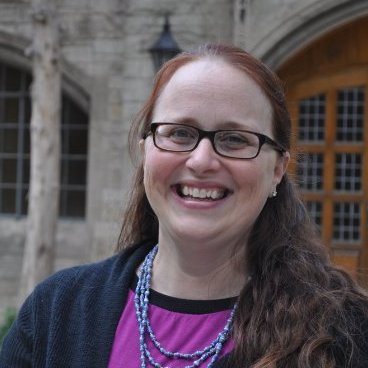 Lauran Qualkenbush (she/her) – Conference Planning Committee
Lauran Qualkenbush (she/her) – Conference Planning Committee
Senior Director for Research Integrity and Training
Research Integrity Officer
Northwestern University
Lauran Qualkenbush is the Senior Director for Research Integrity and Training and the Research Integrity Officer at Northwestern University. She is responsible for promoting the responsible conduct and appropriate administration of University research and is involved in Responsible Conduct of Research education across the University and coordination of the University’s RCR plan. She oversees the Office for Research Integrity which responds to allegations of research misconduct as well as other types of research non-compliance and the newly created Office for Research training unit which is involved in the development of comprehensive research-related training. She has been in this role and engaged in RCR and research integrity for over 18 years. Prior to that, Lauran worked as a clinical research coordinator and in Northwestern’s IRB Office. She also is a founding member and the current President of the Association for Research Integrity Officers (ARIO). She has been a teaching RIO for the HHS ORI RIO boot camps and has served on multiple HHS ORI grant review panels.
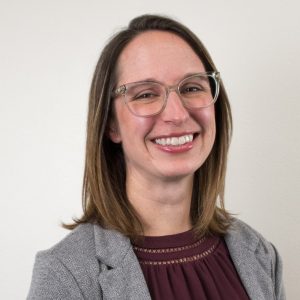 Amber Smith (she/her)
Amber Smith (she/her)
Associate Director of Wisconsin Institute for Science Education (WISCIENCE)
Director of Research Mentor and Mentee Training
University of Wisconsin, Madison
Amber Smith earned her PhD in Plant Breeding Plant Genetics from UW-Madison and continued her education with a postdoctoral experience centered on developing first-year transition programs for biology students. After working at the University of Michigan in the Center for Research on Learning and Teaching, she joined the WISCIENCE staff as the Director of Mentor and Mentee Training.
Amber directs the Biological Interactions Summer Research Program and the Entering Research course series. She supports the Research Peer Leaders as they help undergraduates find and engage in research experiences. She cultivates partnerships across campus to develop and implement research mentorship training for graduate students, postdocs, staff, and faculty in both customized workshops and through our standard Research Mentor Training seminar.
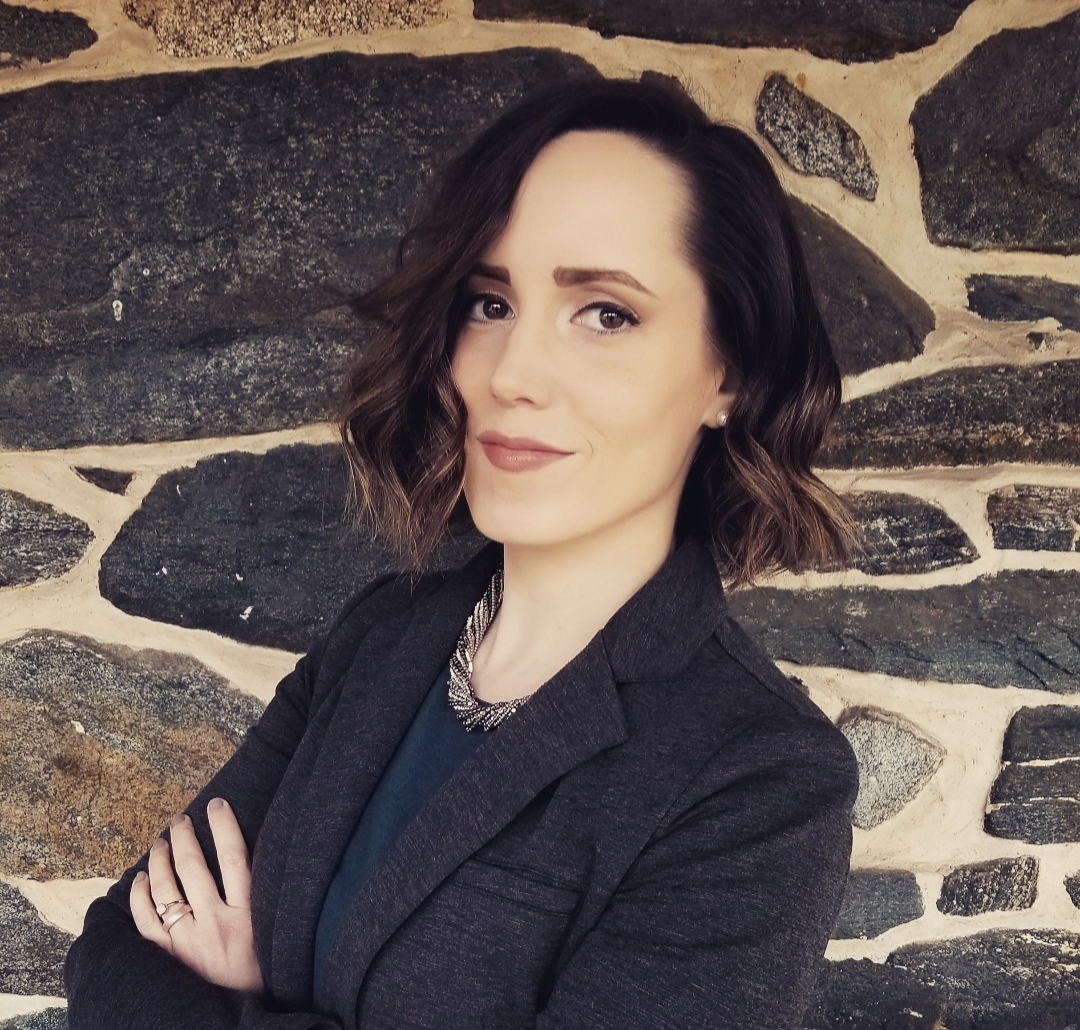 Melissa Thompson
Melissa Thompson
Research Integrity Officer
University of Maryland, College Park
Melissa Thompson is the Research Integrity Officer for the University of Maryland, College Park (UMD). In addition to handling cases of research and scholarly misconduct, she coordinates with various institutional offices and committees on other efforts related to fostering research integrity at UMD, including the identification of associated policy and program needs, and is actively involved in the development of UMD’s responsible conduct of research (RCR) programming. Melissa previously served as the Director of Research Integrity at the Johns Hopkins University School of Medicine, handling cases of both research and professional misconduct and overseeing the RCR program, and the Assistant Director of Outside Interests, working on issues related to conflicts of interest in research. Prior to joining JHU, Melissa practiced law with a general litigation firm in Maryland. She received her juris doctorate from the University of Maryland School of Law, along with a certificate in health law.
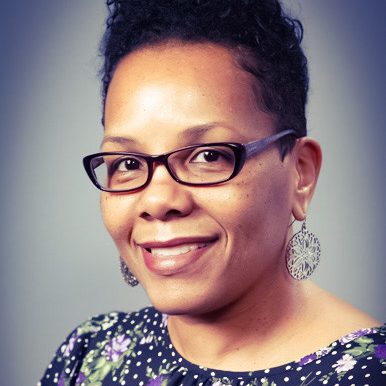 Etta Ward
Etta Ward
Assistant Vice Chancellor for Research Development
Indiana University – Purdue University – Indianapolis (IUPUI)
Etta Ward has led research development programs and operations in the IUPUI Office of the Vice Chancellor for Research for 20 years. As the Assistant Vice Chancellor for Research Development, her primary role is to advance the IUPUI research mission through faculty research and professional development. She promotes effective mentoring as a strategy for personal and professional success, which has been central to many efforts internal to the academy and beyond. As a National Research Mentoring Network certified facilitator for mentor training and recently designated Center for the Improvement of Mentored Experiences in Research Principal Facilitator, Ward has built a body of work around effective mentorship—especially, targeting minoritized populations. She promotes competency-based and culturally aware mentoring strategies that bolster inclusive mentoring cultures. Ward views this work as her professional calling, with potential to impact mentoring generations into the future.
Ward also leads many diversity and inclusion programs focused on ways to bring people safely to and help sustain conversations on race and inclusive excellence. She has designed programming that helps leaders develop tactics that foster inclusive engage, identify and leverage privilege for inclusion, shape inclusive climates where all are valued and feel a sense of belonging, and create a culture of effective mentorship across differences.
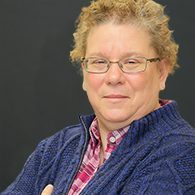 Gayle Woloschak
Gayle Woloschak
Associate Dean for Graduate Student and Postdoctoral Programs
Northwestern University
Gayle Woloschak, PhD, joined The Graduate School in Fall 2018 as the Associate Dean for Graduate Student and Postdoctoral Programs. She is a professor in the Feinberg School of Medicine departments of Radiation Oncology, Radiology, and Cell and Molecular Biology. Her primary areas of research examine how radiation causes cancer, developing nanotechnology tools to image and treat cancer. Gayle’s name is registered on a long list of inventions and she has numerous faculty appointments at universities across the world. Throughout her career, Gayle has been heavily involved in the training and teaching of graduate students and postdoctoral trainees.
As Associate Dean for Graduate Student and Postdoctoral Programs, Gayle oversees Student Services, Student Engagement, the Office of Postdoctoral Affairs, the Training Grant Support Office, and Graduate and Postdoctoral Professional Development within The Graduate School.
Gayle holds a PhD in Medical Sciences (Microbiology) at Medical College of Ohio. She completed her postdoctoral research fellowship at the Mayo Clinic in Rochester, Minnesota.
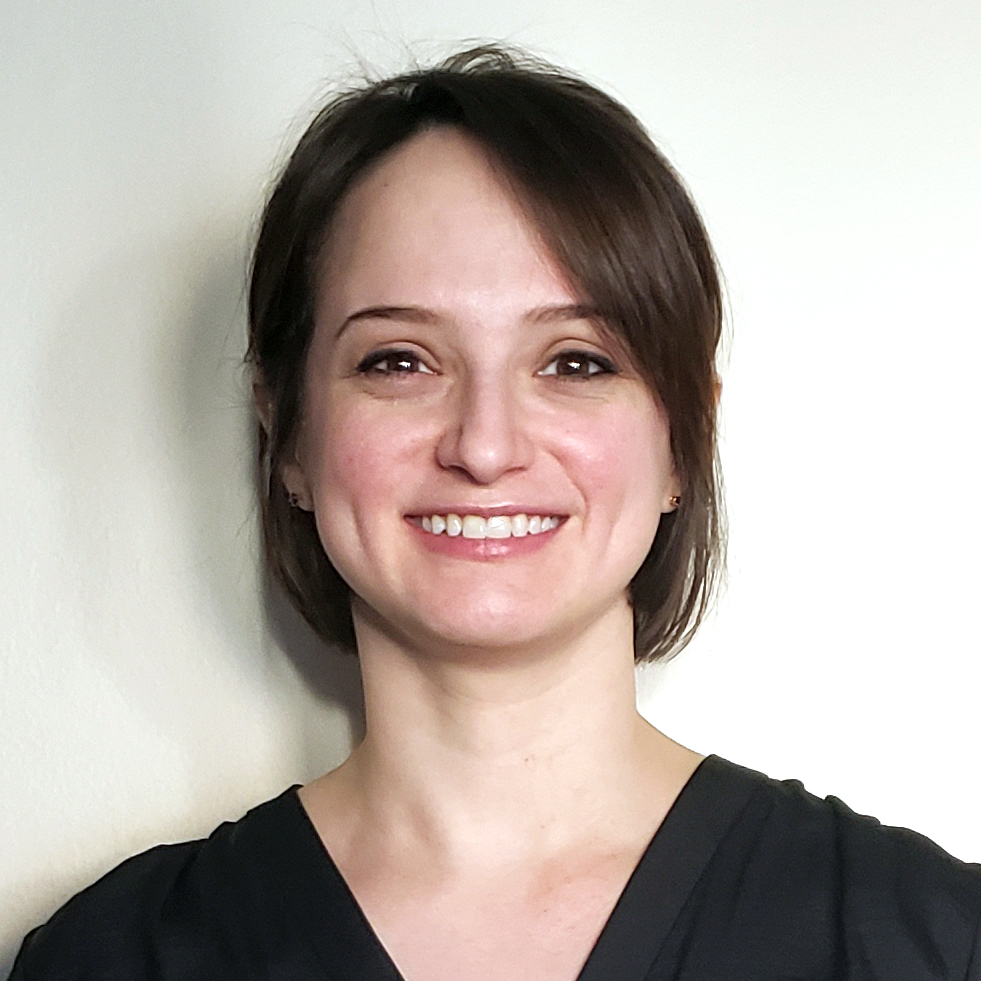 Lauren Zebertavage
Lauren Zebertavage
Postdoctoral Fellow in Pediatrics
University of Wisconsin, Madison
Lauren Zebertavage, PhD is a postdoctoral fellow studying cancer immunotherapy at the University of Wisconsin in Madison, WI. She is a 2022 Postdoc Excellence in Mentoring award recipient from the UW Postdoctoral Association and is supported in part by a biomedical research fellowship from the Hartwell Foundation. Dr. Zebertavage has been working in research labs and with students for more than ten years and currently manages a team of four undergraduate students to study combination immunotherapy in preclinical models of pediatric cancer. She completed her doctoral training at Oregon Health and Science University in Portland, OR in 2020.
Facilitators
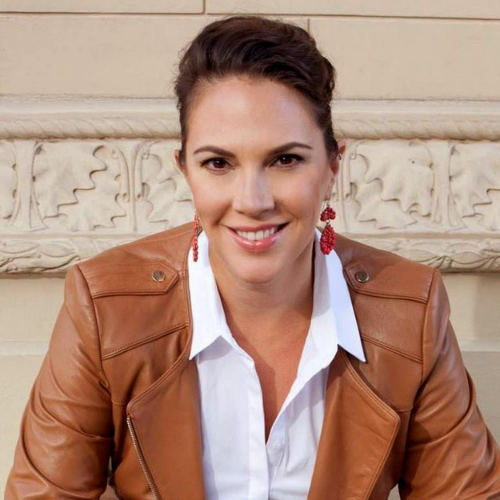 Mariah Bauer – Conference Planning Committee
Mariah Bauer – Conference Planning Committee
Director of Responsible Conduct of Research (RCR) Programming
University of Maryland
Mariah has been at UMD since 1999 and has had broad experience working at the college level, at the department level, in the Division of Research, and in Academic Affairs. She works closely with the Provost and the Provost’s senior staff on myriad strategic business, research, and academic development initiatives. Mariah was recently asked to serve as the inaugural Director of Responsible Conduct of Research (RCR) programming at the University of Maryland, a mission critical function that involves working closely with Melissa Thompson, J.D., UMD’s Research Integrity Officer (RIO), to develop a novel and holistic program and frame the infrastructure necessary to generate and disseminate knowledge with integrity and rigor.
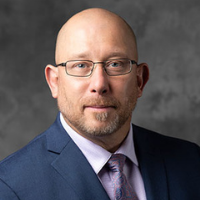 Sean Courtney – Conference Planning Committee
Sean Courtney – Conference Planning Committee
Senior Compliance Officer – Responsible Conduct of Research
Purdue University
Dr. Sean Courtney holds a joint appointment at Purdue University in West Lafayette, IN within the Office of the Executive Vice President for Research and Partnerships and the Office of the Provost. His primary responsibilities include directing research compliance and field-specific training. He has 15+ years of experience conducting biomedical research in the areas of genetics and cancer genomics. Dr. Courtney is currently utilizing his skills and professional experiences to foster an ethical research environment through developing, implementing, and evaluating innovative policies and standards.
In his current role as the Research Compliance Manager, Sean ensures all researchers comply with responsible conduct of research regulations from federal, state, local, and university levels. He primarily trains and mentors researchers–at all career stages–in the areas of integrity, ethics, and reproducibility, which incorporates experimental design, data collection, analysis, and reporting results in a clear and ethical manner. Dr. Courtney also assists with investigations involving Research Integrity and Misconduct allegations within the Purdue University system and represents the University on the Big Ten Academic Alliance.
Prior to his current role, Sean was affiliated with the Indiana University School of Medicine as an Assistant Research Professor and completed two postdoctoral scholar positions at the Medical University of South Carolina. His doctoral degree was conferred by Texas A&M University.
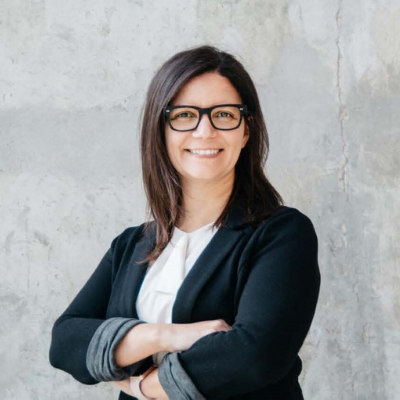 Becca Hopson – Conference Planning Committee
Becca Hopson – Conference Planning Committee
Assistant Director of Education and Outreach
Indiana University
Becca Hopson serves in the Office of Research Compliance through the Vice President for Research promoting research integrity through education, training and outreach for Indiana University.
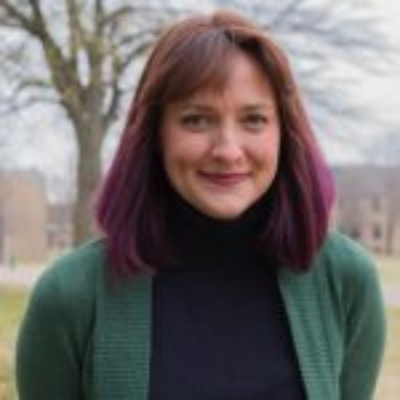 Alison Kerr – Conference Planning Committee
Alison Kerr – Conference Planning Committee
Postdoctoral Research Assistant, Weldon School of Biomedical Engineering
Purdue University
Dr. Kerr completed her PhD in Industrial-Organizational Psychology and the University of Tulsa in Tulsa, Oklahoma. She also has a M.A. degree in industrial-organizational psychology from The University of Tulsa and a B.A. degree in psychology from the University of Southern California in Los Angeles, California. Her dissertation research was a comprehensive evaluation of a professional ethics training program which utilizes expert-witness role-play for engineering education. Her research interests include training development and evaluation as explored across a variety of academic disciplines and organizational settings. Her most recent projects have focused on developing engineering and science students’ relevant non-technical professional skills including leadership, creativity and ethical practice and presentation.
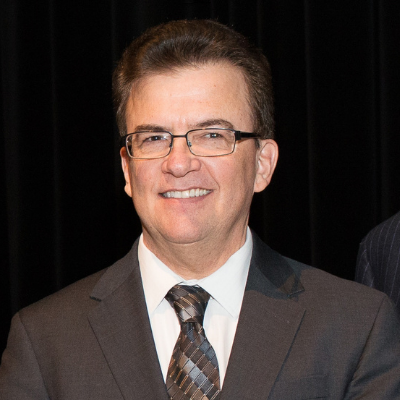 Glenn Krell (he/him/his) Conference Planning Committee
Glenn Krell (he/him/his) Conference Planning Committee
Director of Research Integrity
Rutgers University
Glenn Krell is Director of Research Integrity in the Office of Research and Economic Development at Rutgers, The State University of New Jersey. Glenn was the Founding Coordinator of the Big Ten Academic Alliance – Responsible Conduct of Research (BTAA-RCR) Collaborative. The group has held monthly conference calls on RCR topics since 2018 and has hosted discussions with thought leaders in RCR. At Rutgers Glenn is responsible for research misconduct investigations; the financial conflict of interest disclosure program for researchers, and coordination of the RCR education program. Glenn has a master’s in public administration and more than 20 years’ experience as a university research administrator, including working with research faculty at the University of California Berkeley and UCSF.
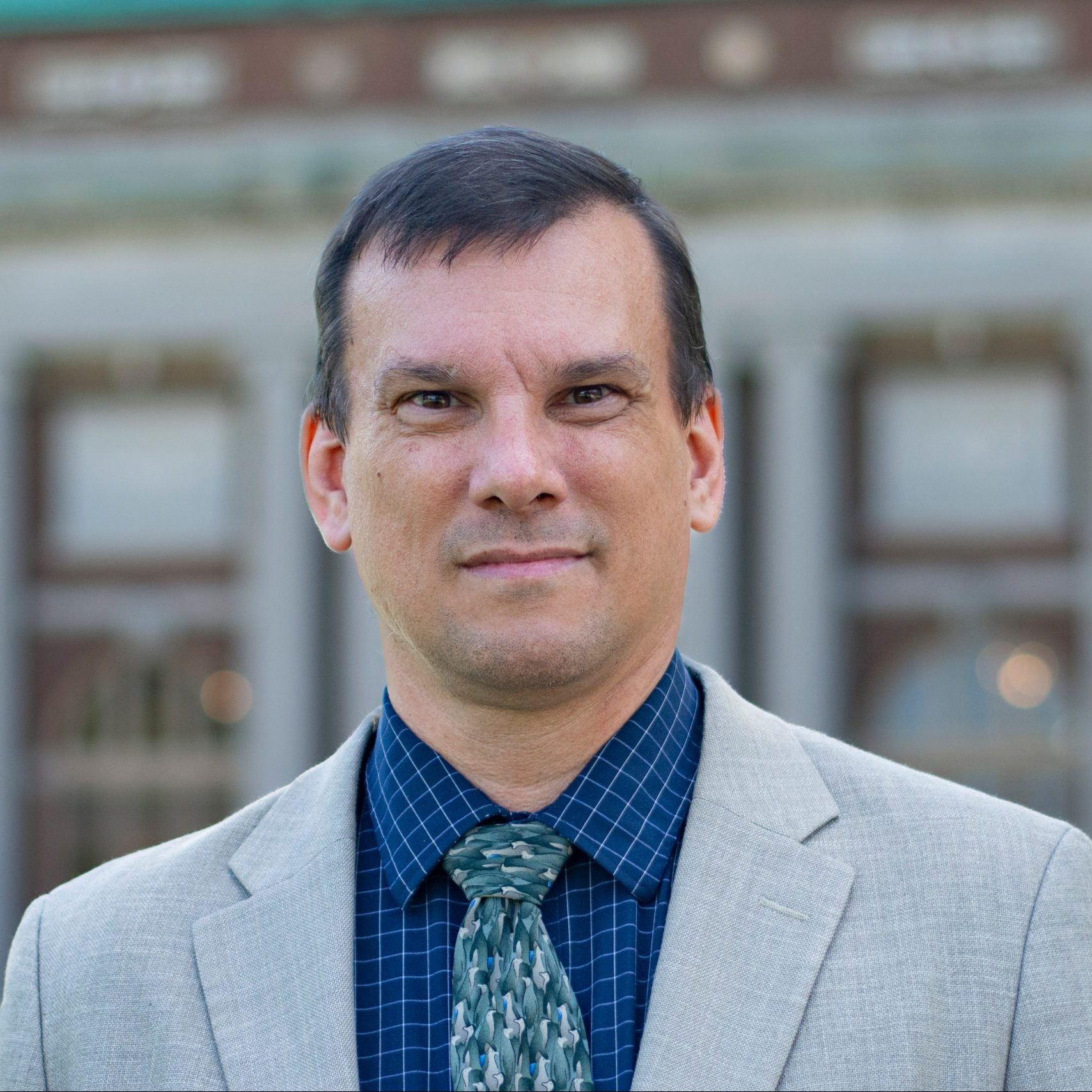 Christopher Lehmann (he/him/his) Conference Planning Committee
Christopher Lehmann (he/him/his) Conference Planning Committee
Research Integrity Officer
University of Illinois at Urbana-Champaign
Chris Lehmann serves as the Research Integrity Officer within the Office of the Vice Chancellor for Research & Innovation at the University of Illinois at Urbana-Champaign. He coordinates campus-level Responsible Conduct of Research (RCR) education. He is a Clinical Professor of Civil & Environmental Engineering and a Research Affiliate with the Illinois State Water Survey in the Prairie Research Institute. His expertise is in air pollution, drinking water testing, and laboratory quality management.
Chris received his BS in Civil Engineering from Valparaiso University, and his MS and PhD in Civil & Environmental Engineering from the University of Illinois at Urbana-Champaign. Chris serves as the current Coordinator of the Big Ten Academic Alliance – Responsible Conduct of Research (BTAA-RCR) Collaborative. He is a member of the Association of Research Integrity Officers (ARIO).
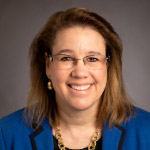 Susan Martinis
Susan Martinis
Vice Chancellor for Research and Innovation
University of Illinois at Urbana-Champaign
Susan Martinis is Vice Chancellor for Research and Innovation at the University of Illinois at Urbana-Champaign, where she provides leadership for the campus-wide interdisciplinary research institutes, promotes new research initiatives, and oversees the administrative and business processes that ensure the safe, ethical, and productive conduct of research at Illinois. Dr. Martinis, the Stephen G. Sligar Professor of Molecular and Cellular Biology, studies the mechanisms, evolution, and biomedical applications of protein synthesis and RNA-protein interactions. She is a successful researcher, engaged in entrepreneurial and corporate partnerships, a committed educator, and an experienced administrator.
Prof. Martinis earned her B.S. from Washington State University (1985) and Ph.D. at the University of Illinois (1990). She then trained at the Massachusetts Institute of Technology as an American Cancer Society Postdoctoral Fellow. She was hired in 1993 at a start-up biotechnology company Cubist Pharmaceuticals as its 3rd employee. Dr. Martinis was awarded the company’s first U.S. patent and National Institutes of Health SBIR grant, before moving to academia at the University of Houston in 1997. Cubist Pharmaceuticals grew to over 600 people, developed the life-saving drug Cubicin, and was acquired in 2014 by Merck Pharmaceuticals. Dr. Martinis also contributed to delineating the mechanism of action for a novel lead antimicrobial drug (AN2690; Rock et al, Science) that was developed by Anacor Pharmaceuticals (acquired by Pfizer in 2016) and made commercially available as the anti-fungal Kerydin in 2014.
Dr. Martinis moved to the University of Illinois in 2005, and in 2009 was promoted to the rank of Professor, as well as appointed Head of the Dept. of Biochemistry and also Head of the Dept. of Medical Biochemistry. Professor Martinis was named a University Scholar, and in 2015 honored by appointment as the inaugural Stephen G. Sligar Endowed Professor in the School of Molecular and Cellular Biology. She is a member of the Center for Biophysics and Quantitative Biology and an Affiliate in the Dept. of Chemistry.
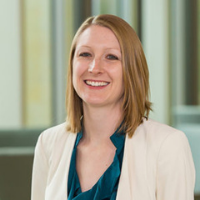 Kristen Pecanac – Conference Planning Committee
Kristen Pecanac – Conference Planning Committee
Assistant Professor of Nursing
University of Wisconsin-Madison
Dr. Pecanac’s research explores interactions among health care practitioners, patients and family members when making decisions related to treatment in the hospital setting. Her intent is to identify communicative practices that promote patient and family participation in decision-making and incorporate these practices into an intervention. The ultimate goal of this research is to facilitate engagement in productive conversations that will lead to reduced stress and suffering for patients and their family members.
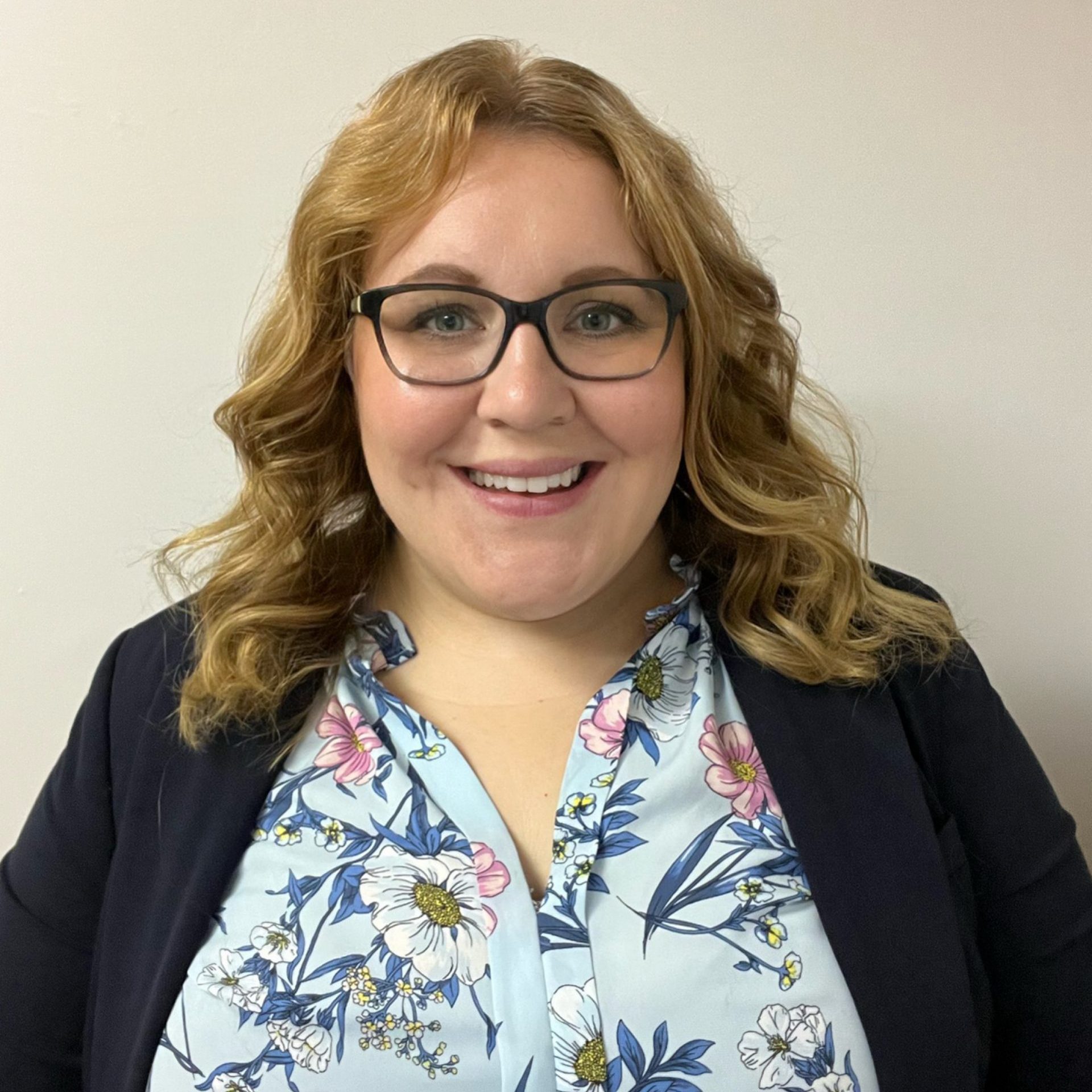 Danielle Rintala (she/her) Conference Planning Committee
Danielle Rintala (she/her) Conference Planning Committee
Director – Research Intelligence and Compliance Team
University of Minnesota
Danielle directs the Risk Intelligence and Compliance Team (RIACT) in OVPR. RIACT serves as the “eyes and ears” of the VPR by monitoring near- and long-term research risks, conducting compliance investigations, ensuring compliance in research-associated financial transactions and research registries, and managing Responsible Conduct of Research (RCR) training and the Certified Approver program. Prior to joining the University of Minnesota, Danielle was the associate director of research compliance and biosafety officer at the University of Wisconsin-Milwaukee, where she developed and managed the biosafety program. She was also responsible for the oversight of human subjects research, animal research, and radiation safety. Prior to research compliance, Danielle was an instructor and program director for 10 years in higher education, with teaching experience in microbiology, anatomy & physiology, biochemistry, and pathophysiology.
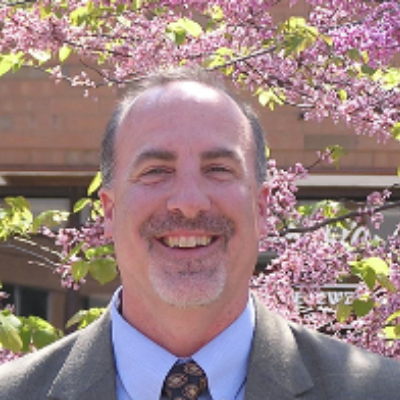 Greg Swain – Conference Planning Committee
Greg Swain – Conference Planning Committee
Professor of Chemistry and Neuroscience Program Member
Michigan State University
Dr. Greg Swain is a Professor of chemistry and a member of the Neuroscience Program at Michigan State University. In addition to his academic appointments, Dr. Swain serves as the Neuroscience Graduate Program Director and as the Responsible Conduct of Research Education Coordinator for The Graduate School. He directs an interdisciplinary research program focused on understanding structure-property relationships of different carbon electrode materials (e.g., conducting diamond and tetrahedral amorphous carbon), as studied by electrochemical and spectroelectrochemical methods, and tailoring the properties of these electrodes for application as chemical and biochemical sensors for health and the environment, and as microelectrodes for neuroanalytical chemistry. He has served or serves in various leadership positions at the national level including as a former Editor and Editor-in-Chief of the scientific journal, Diamond and Related Materials (Elsevier, 2009-2014), a former member of the Committee for Professional Training (American Chemical Society, 2015-2019), and current Editor for the journal, Electroanalysis (Wiley). At the university level, he served as an At-large Member of the University’s Steering Committee and Faculty Senate (MSU, 2017-2019) and as an Academic Advancement Network Fellow (MSU, 2018-2019). He is a Fulbright Fellowship recipient and a member of the American Chemical Society, Electrochemical Society, International Society of Electrochemistry, and National Association of Corrosion Engineers.
